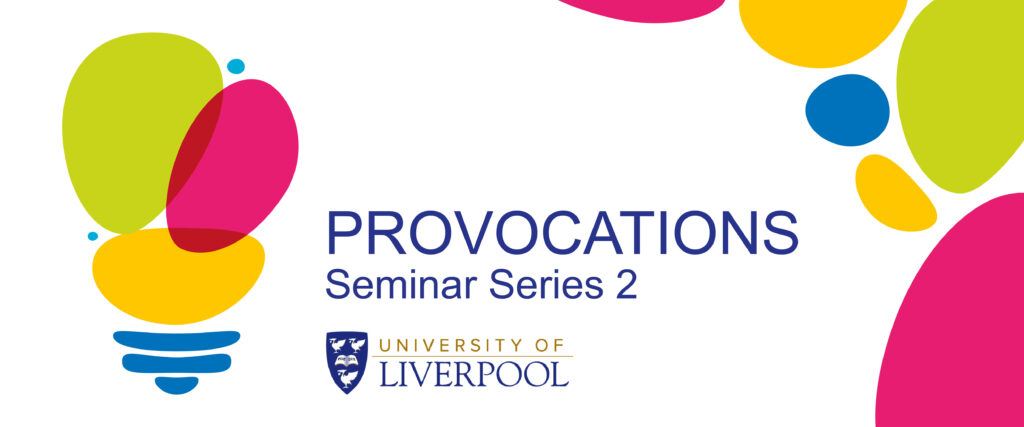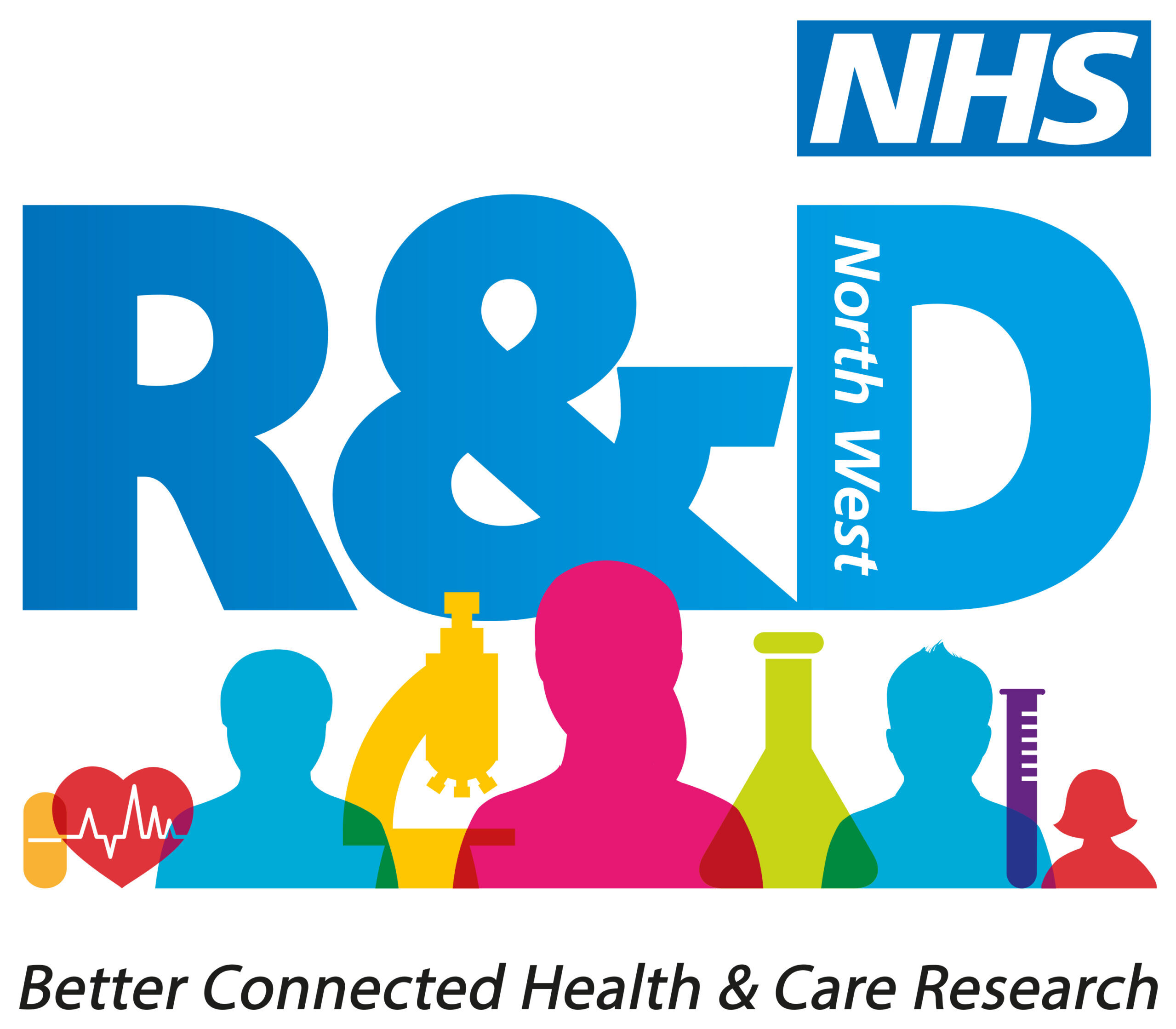Provocations Seminar Series 2

Following our successful Early Career Researcher Conference in March, we are inviting you to take part in a free programme of immersive workshops designed to start, or progress, your thinking about your own researcher journey.
In partnership with the University of Liverpool, NHS R&D North West is pleased to announce the launch of the second series of the highly successful Provocations Programme.
Provocations is a programme designed to enable you to participate in active dialogues between academic researchers from the University of Liverpool and health and care practitioners. The themes we are exploring in series two relate to several current health and care matters including the built environment, creative responses to historical medical racism, menopause and understanding frailty from a clinical and social perspective to name but a few of the themes that we will cover.
Provocations is only the start of the conversation and from each of the sessions there will be an opportunity for you to explore the theme further with the researcher in structured action learning sets designed to help inform development of practice and policy in health and care settings.
The sessions are designed and delivered in such a way as to ensure that you can utilise the time you spend participating as a contribution to your professional CPD requirements. They last approximately 2 hours, they will be held online 12-2pm. Attendance Certificates will be issued by NHS R&D NW to show the CPD outcomes and benefits of each session and follow on activity.
Numbers for the sessions are limited and the series will run monthly from May to December 2024 inclusive. Please book early to avoid disappointment. We will let you know when each session is open for booking. We look forward to welcoming you at these workshops as you take your next steps on your research career pathway.

